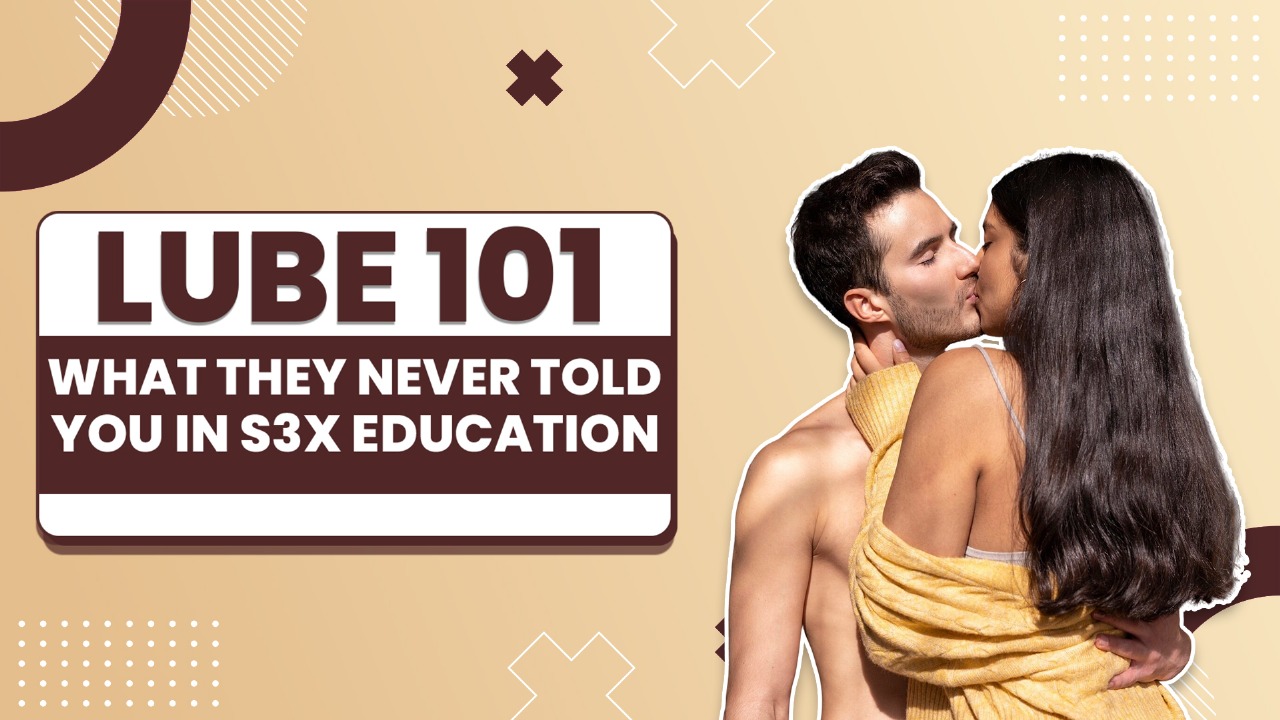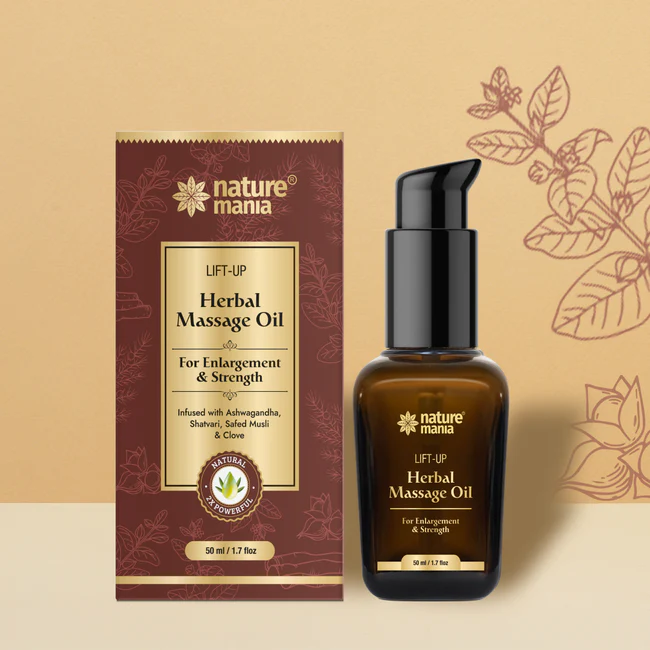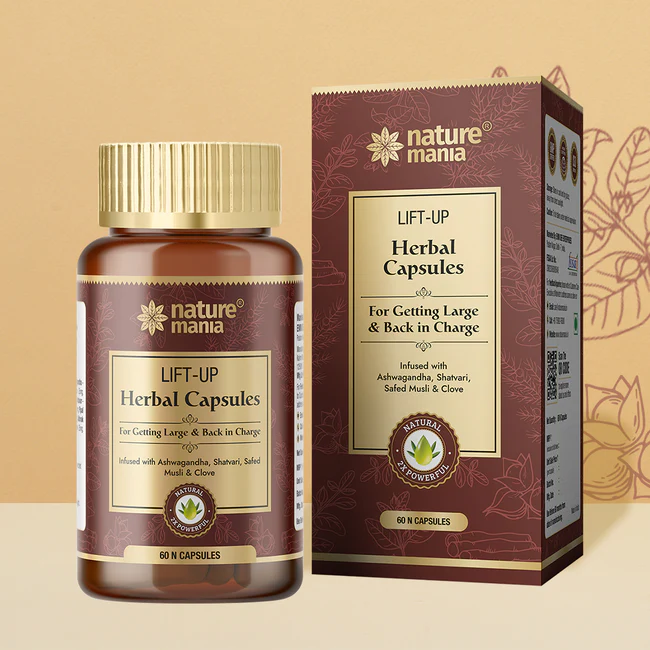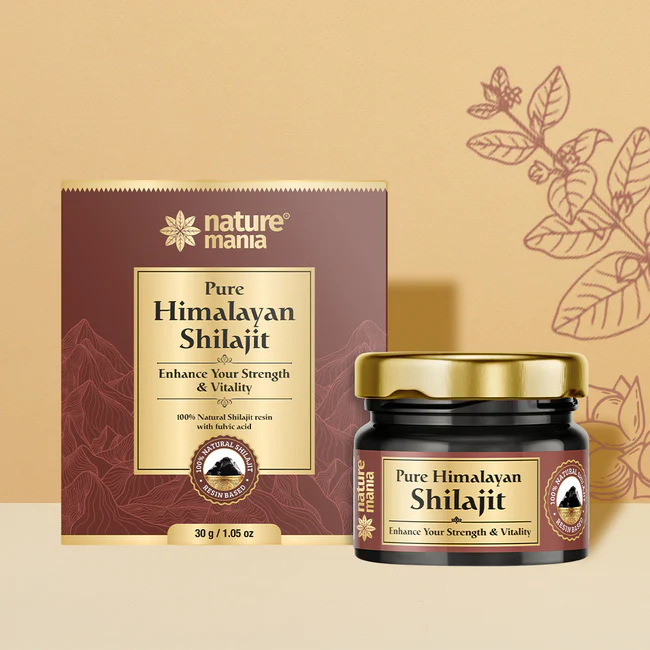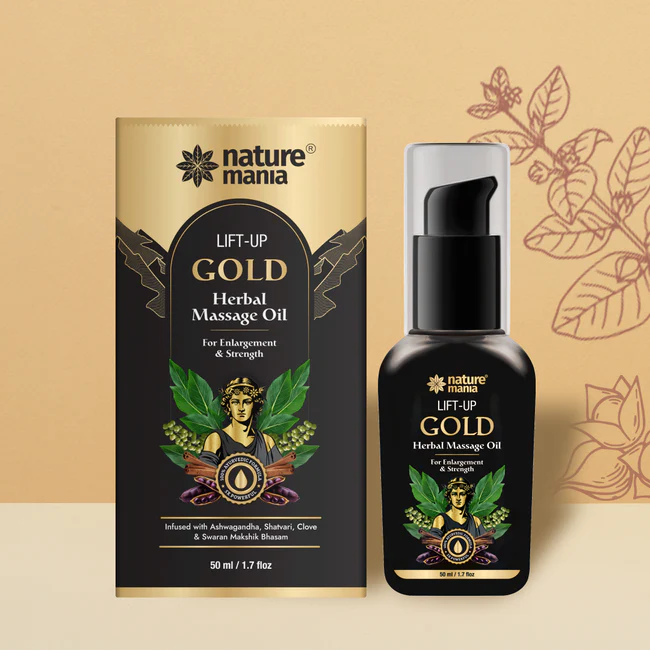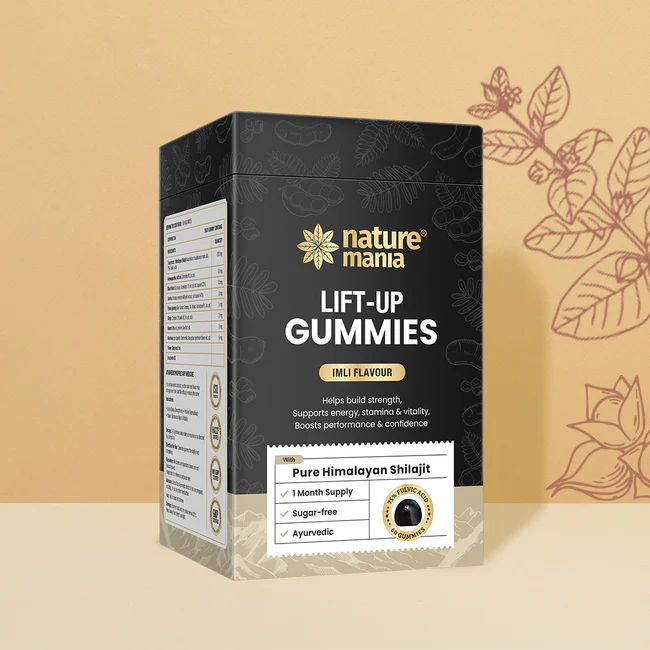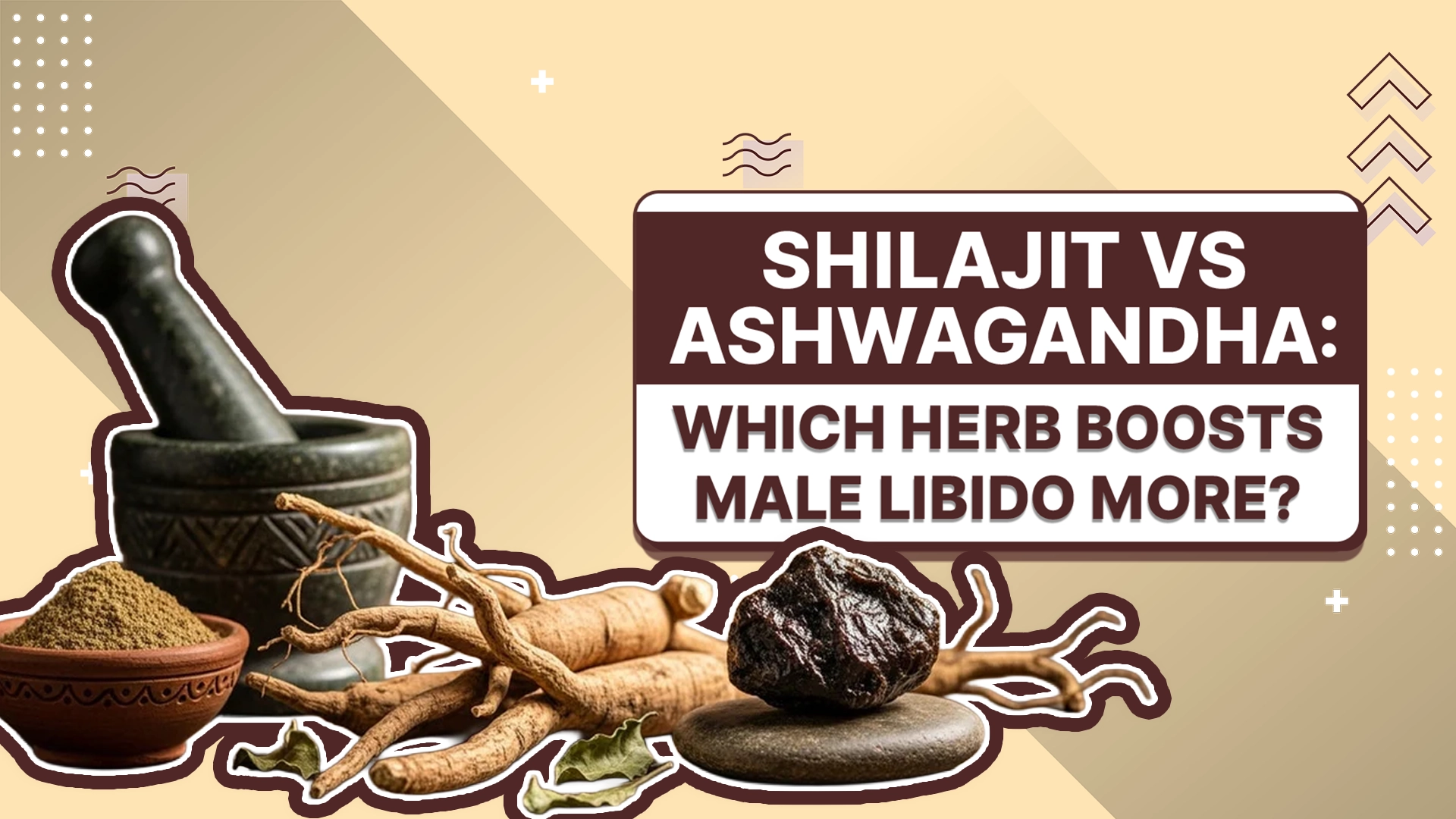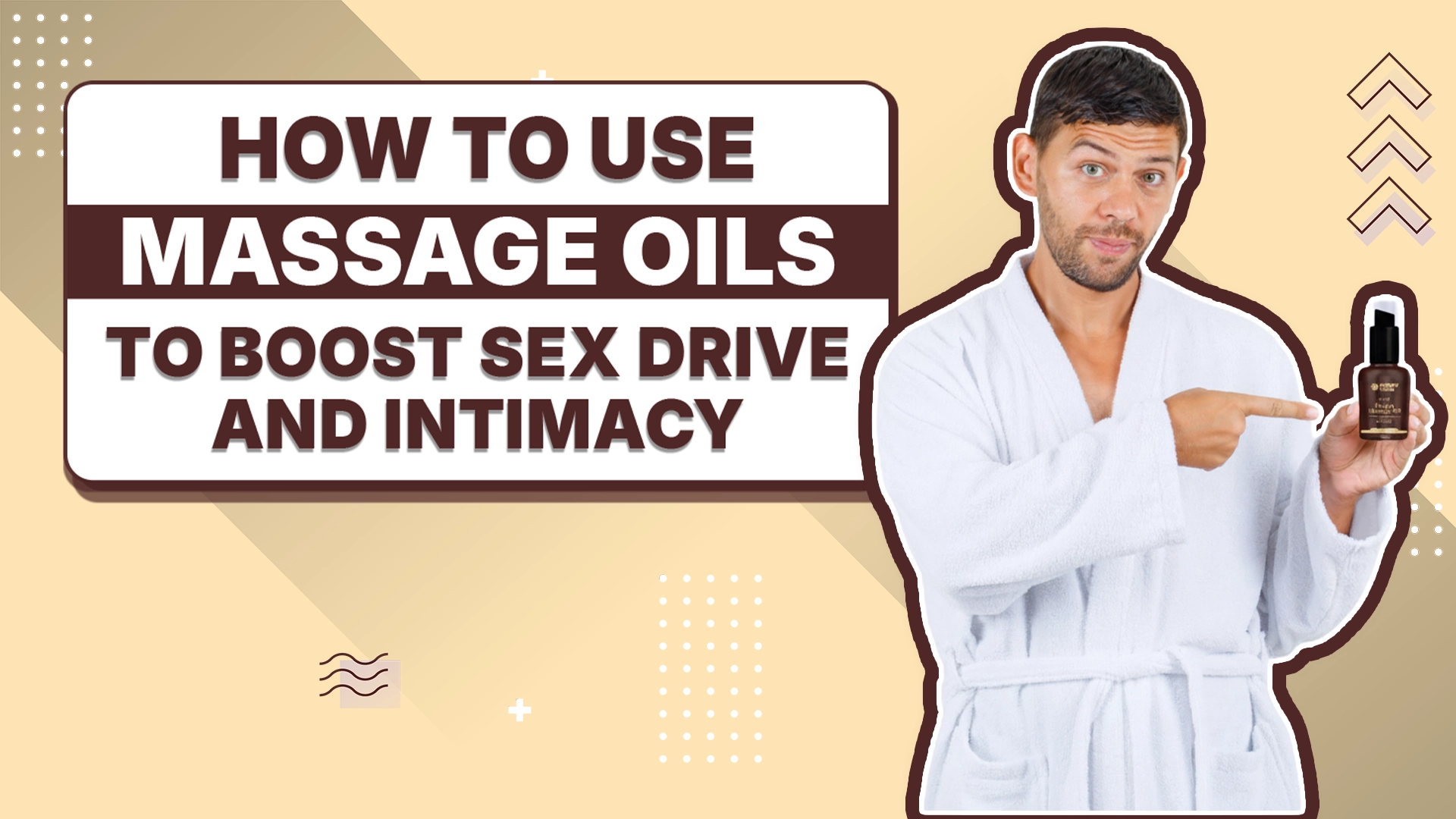When it comes to sex education, there’s a lot of things that we leave behind and this is one of the biggest fault in knowledge about lubricants. You might have heard about condoms and birth control pills in school, but lube? It’s rarely a part of the conversations that couples or people have.
But the truth is, lube can completely change your sexual experiences, making it more safer, more comfortable, and way more pleasurable.Learn about everything no one taught you about lube in sex education.
What Is Lube?
Lube (also known as lubricant) is a slimy fluid that decreases friction during sex. It can make sex more comfortable, smoother and a lot more enjoyable for everyone. This really have to be to be common knowledge in real sex education, but the majority of people do not find out fully about lube until they get older.
Lube is not only for those who have a problem it is in fact advisable to all people regardless of age, gender or the type of relationship you are in.
The Types of Lubes They Never Explained in Sex Education
1. Water-Based Lubes
They are the most popular and universal lubes. They are condom and sex toy safe and also, they dry faster and might require re-application.
2. Silicone-Based Lubes
These are super slippery and long-lasting. Awesome during shower sex and for those who do not want to stop and reapply.Caution- silicone lubes aren’t safe for silicone toys.
3. Oil-Based Lubes
They are natural and long-term but may ruin latex condoms and cause them to break more easily. This was something that was hardly taught in sex education yet it is important to know.
4. Hybrid Lubes
A blend of water and silicone that provides combinations of the two worlds. These are more durable and yet easy to wash.
Why Lube Matters?
1. It’s Not Just for “Dryness”
You might have heard that lube is something people who have issues with arousal. False. During foreplay or intercourse, anyone can use lube to increase pleasure even when there is natural lubrication.
2. Lube Reduces the Risk of Tears
Due to friction, the skin may get tear invisibly which can STIs and infections. Lube reduces this risk. Unfortunately, other sex education lessons do not include this important health information.
3. Condoms and Lube Are a Power Combo
Condoms can be used with lube to avoid breaking. Condoms make dry sex even more uncomfortable and increase reasons to accidents. This must be the major information of any sex education nowadays.
4. Lube Enhances All Types of Sex
Whether you are thinking about vaginal, anal, or oral sex, lube can make it all a lot smoother and more enjoyable. Lube is essential in anal sex since the body does not secrete lubrication in that area a fact which is missing in most sex education classes.
5. Lube Can Boost Confidence
Once you are at ease and ready, then you can relax and enjoy the experience. Lube is an easy way to eliminate concern over pain and concentrate on bonding and enjoyment a thing everyone should know.
How to Choose the Right Lube for You?
- For condoms and toys: Stick with water-based or hybrid lubes.
- For long sessions: Silicone-based lubes last the longest.
- For shower play: Silicone lubes don’t wash off easily.
- For natural feel: Try aloe-based or organic lubes.
- For oral fun: Flavored lubes can make things extra sweet.
Knowing how to choose the right lube is part of responsible, modern sex education that promotes safer and more pleasurable experiences.
Quick Lube Safety Tips
- Always read the label. Not all lubes are compatible with all condoms and toys.
- Avoid lubes with glycerin if you’re prone to yeast infections.
- Do a skin patch test if you’re using a new product, especially if it’s flavored or warming.
- Never use oil-based lube with latex condoms.
These safety tips should have been basic topics in comprehensive sex education but are often overlooked.
Myths About Lube You Should Forget
- Myth 1: Lube is only for older people.
- Fact: Everyone can benefit from using lube, a truth missing from most sex education classes.
- Myth 2: Needing lube means you’re not turned on.
- Fact: Arousal and natural lubrication don’t always match. Using lube is smart, not shameful.
- Myth 3: Spit is a good substitute.
- Fact: Spit dries quickly and can spread bacteria. It’s not a safe or effective lubricant.
Conclusion
Lube isn’t just an optional extra it’s a game-changer. Whether you’re exploring solo play, partnered sex, or just looking to make things more comfortable, understanding lube should be part of real sex education.
It’s time to update what we teach. Sex education should cover lube, pleasure, safety, and emotional connection because honestly, this is what they should have told you in Sex Ed.
FAQs
Q1. Can you use lube with condoms?
Yes, water-based and silicone-based lubes are safe with condoms. Oil-based lubes can weaken latex and cause breakage. Unfortunately, most sex education programs don’t explain this clearly.
Q2. Is lube necessary for sex?
While it’s not mandatory, lube makes sex safer, smoother, and more comfortable. It’s highly recommended for both pleasure and protection, and it should be openly discussed in sex education.
Q3. Can I use household items as lube?
No. Products like lotions, oils, or petroleum jelly are not safe for internal use and can damage condoms or cause irritation. This is often misunderstood due to gaps in proper sex education.
Q4. Does lube expire?
Yes, most lubes have an expiration date. Using expired lube can increase the risk of irritation or infection.
Q5. Can lube cause irritation?
Some people may be sensitive to certain ingredients. If irritation occurs, switch to a hypoallergenic or glycerin-free lube.
